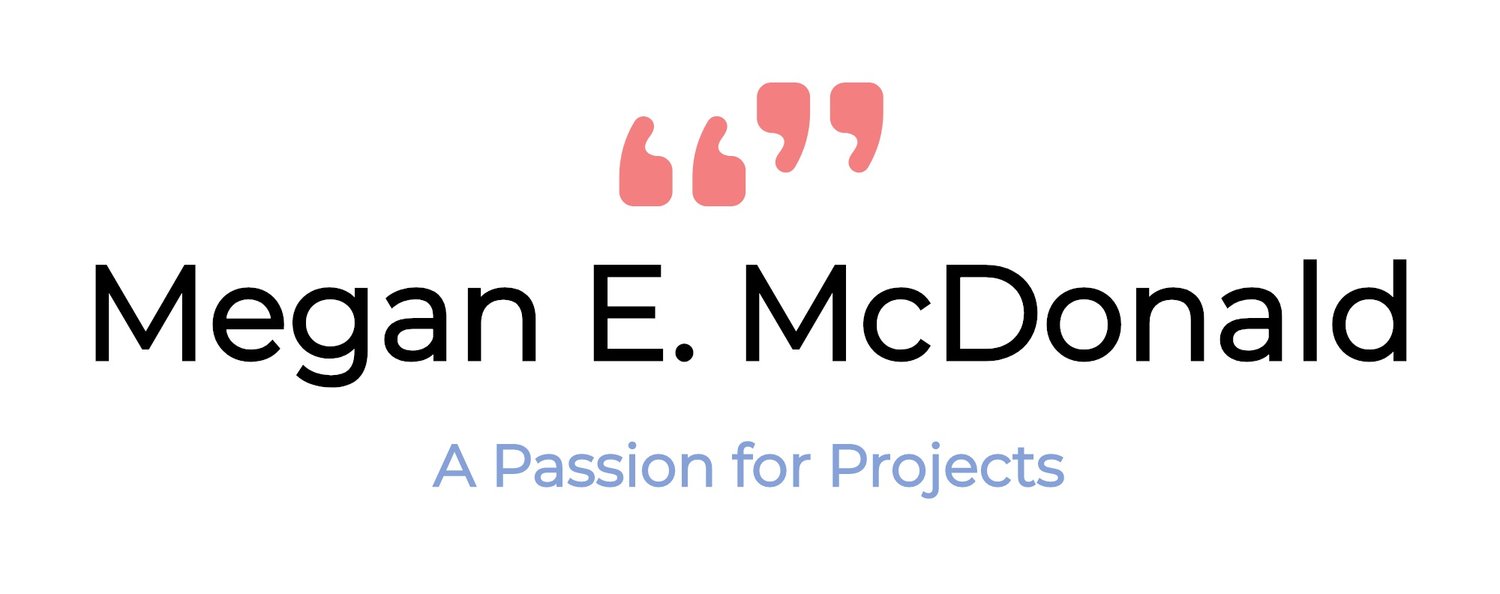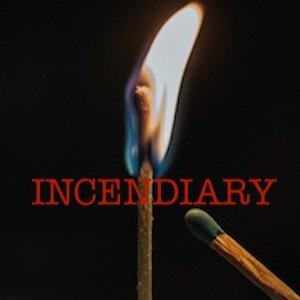Self-Care for Writers
I’ve been absent from this blog for a long spell once again. This time, however, I have a global pandemic I can blame for my reticence in this space. Yes, it’s been difficult to compose thoughts and corral enough energy to punch out nonfiction content of late. The good news is that, despite not posting recently, I have been writing consistently and substantially. And I come bearing tips for creative types seeking to do the same. Read on to see how I care for my writing self.
Write an Inch
Stuck? Dry? Feeling forsaken by the Muse? This method of getting started — for getting a handful of words down and out in a pinch — never fails to focus me:
“I go back to trying to breathe, slowly and calmly, and I finally notice the one-inch picture frame that I put on my desk to remind me of short assignments. It reminds me that all I have to do is to write down as much as I can see through a one-inch picture frame. This is all I have to bite off for the time being.”
Many people swear by Bird by Bird for practical, yet soulful writing advice, and it’s no wonder: for twenty-five years now, Anne Lamott’s slim volume has been the standard-bearer of self-care for writers. Part pep talk, part tough love, this extraordinary book extols the virtues of not just that mini picture frame, but also of putting one’s “butt in chair” on the regular and of writing that massive ornithology report the night before it’s due by tackling one feathered friend at a time.
Related to this concept of taking it small and making it manageable in a “go big or go home” world is the idea of writing a little every day. I’ve worked my way through books of prompts and exercises with some success in the past — Page After Page by Heather Sellers and Writing from the Heart by Leslea Newman are favorites — but I’ve always craved, foremost, accountability and, tangentially, feedback on my fresh output. Enter Creative Caffeine Daily, a community and platform created by Bay Area author and Lit Camp founder Janis Cooke Newman.
The setup is simple:
Sign up and pay $40 per month
Receive a new partner assignment each Sunday
Receive a new writing prompt via email at midnight Monday through Friday
Write for 10 minutes each day, up to 800 words
Share that snippet with your partner
Receive a thoughtful, supportive review within 24 hours
Render the same service in return
Lather, rinse, repeat!
The sheer mass of what I’ve accomplished since joining CCD astounds me. I may not be able to dedicate hours of concentration to my craft on a daily basis, but I can free write for a spell. And I’ll be honest: 10 minutes frequently turns into 45 or more. I’ve written poetry, started novel scenes, workshopped essays (one of which was featured on Janis’s Facebook page and was subsequently adapted for KQED Radio’s “Perspectives” series), and just generally engaged in playful composition or word therapy. To do so knowing that someone else is going to read what I’ve written is a huge motivation and inspiration.
Stretch Body & Soul
Let’s face it: Writing is a contact sport. As mentioned above, your butt may be parked in stationary for hours on end on a surface only slightly more forgiving than asphalt. Your fingers clench a pen or strike keys repeatedly, incurring stress on those joints. Your shoulders rise and fall with literary tension. Your neck cranes toward the page or screen, as if proximity can be equated with import or intent. Basically, this largely intellectual process can tie you up in physical knots. Don't neglect the role your body has to play in the expression of your mind!
My favorite way to decompress is to do some yoga. Back in March, in the early days of work-from-home, I signed up for a virtual studio, Curvy Yoga, run by the supremely soothing Anna Guest-Jelley. Her free practice, “Self Care Essentials,” is a study in combining somatic relief with serenity. Plus, it’s just over 10 minutes long and requires zero equipment.
If yoga doesn't float your boat, find another outlet. For example, many well-known authors were ramblers, enjoying a daily constitutional to reconnect their physical being with their mental existence. In the recent Steven Soderbergh film, Let Them All Talk, based on a Deborah Eisenberg short story, Meryl Streep’s writer character pauses pursuit of a looming deadline only for her regular afternoon swim. Rest assured, you’ll need something to help crack that well-worn, brittle spine (and I don’t mean the one holding your favorite book together!).
Nourish & Hydrate
I frequently experience a late-afternoon lull in energy and focus. I’ve found two things combat this lag, without fail: A large bowl of Lucky Charms, and what my Community of Writers compatriot Tracy Wheeler coined The Five O’Clock Whiskey Assist. Allow me to explain…
The cereal provides the perfect shock to the system — the quick hit and short high of the sugar coating and whimsical marshmallows, coupled with the slower carb burn of the processed oats. Add the milk product of your choice (I use unsweetened vanilla almond), and you’ve got the satisfaction of protein, as well. I am not fool enough to believe this to be meal, but it is a complete and motivating snack that jolts my brain back to life and speeds up my typing rhythm for a spell.
Then there’s the evening reward — the magic liquid that throws the day’s work into sharp relief and takes the edge off fatigue and unrelenting reality. Tracy described it this way: You’ve been working all damn day. You want to go hard till 6 PM, but you’re tired and, worse yet, you’re sure all you’ve done to this point is crap. But one shot of a good, well-mannered adult beverage, and you can muster the fortitude to overlook your shortcomings and power through to quitting time.
Play Lists
Some require silence as stark as the tomb in order to write; me, I prefer to chair dance my way through scribbling sessions. A good beat propels my creativity, and great lyrics serve as thematic inspiration. So I compile play lists on Spotify for each novel project I undertake. Here’s the one I created for my current work-in-progress, INCENDIARY.
This practice may well be a hold-over from my screenwriting days. I used to curate mix tapes, then burn CDs, to send along with my scripts — a song per scene — as a sort of soundtrack to the film I saw in my head and hoped to share with my audience.
There’s another approach to creating a marriage between music and writing, of course: Select a song as your anthem. Choose what would play from the public address system as you stride up to the plate in a Major League Baseball stadium to face down the spitballs and curves your book is sure to throw at you. Mine is James’ “I Know What I’m Here For,” a rousing Britpop number that gets my blood pumping and builds my confidence every damn time I blast it. First verse says it all:
What a life
A trick of light
Then everything returns to the sea
You can have whatever you want
But are you disciplined enough to be free
Turning love into a chore
Promises come cheap dear reader
Another page, another door
Follow, follow me
Have Friends in Safe Spaces
My final tip is less a suggestion than a full-on exhortation: Find your freaking tribe! Collect creative folks in a generative, supportive, open, and honest semi-circle around you. These are the people with whom you feel comfortable sharing both the exalted experiments and raw wretchedness of your writing — not just the polished prose, but also the creaky, drafty documents that get you there. These are the ones who will read with both a critical eye and sympathetic soul. These are the ones who will be a consistent presence in your life going forward, who will dance to your anthem and shoot whiskey with you on occasion, and make you feel less alone in what is largely a singular and isolating activity.
This picture was taken in August 2019, when about a dozen of my fellow members of the Stanford Online Writing Certificate’s 2013 cohort gathered at the Mendocino Coast Writers' Conference.
We participated in workshops and attended lectures and panels designed to improve our craft. It was a wonderfully conceived event, with a roster of brilliant instructors and engaged attendees. I, in particular, benefitted immensely from my time with essayist and teacher Ismail Muhammad, working on a piece about a mental health crisis I’d experienced six months earlier.
Even more delightful and edifying, however, were the three days post-conference our group spent doing writing sprints, conducting casual readings, taking bracing strolls, partaking of chatty meals, and sipping warming cocktails on the deck overlooking the Pacific Ocean. The Five O’Clock Whiskey Assist was in effect, to be sure, but even more rewarding were the camaraderie and commiseration. I am forever grateful.
I am going to take my leave with a line from David Fincher’s recent Netflix movie, Mank — words I’ve decided to appropriate as a toast to these and all of my creative friends as we approach the dawning of a new year:
“Write hard, aim low!”
Cheers!















